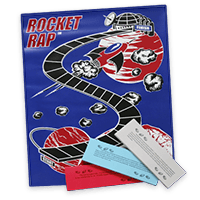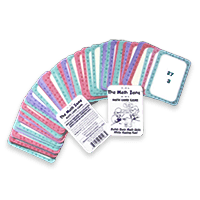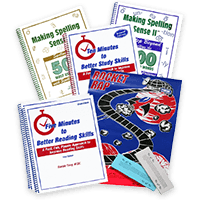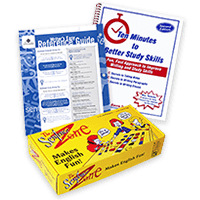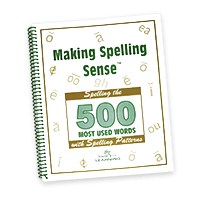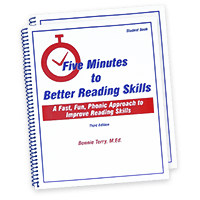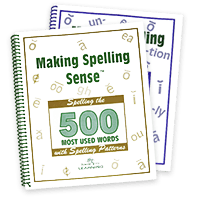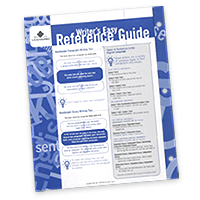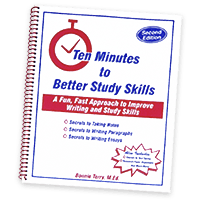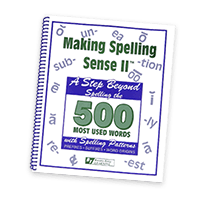‘Brain Based Learning’ Blog Posts

Brain-Based Learning: Auditory Processing Activities
March 12th, 2019 2019-03-13T18:41:05-07:00 2019-03-12T10:02:33-07:00Three brain-based auditory processing disorder activities for kids of all ages. These activities improve learning skills while you have fun. Auditory processing is one of the three avenues we learn academic skills from. Remember, we learn by hearing (auditory processing), seeing (visual processing), and doing (tactile/kinesthetic processing). That being said, APD – an auditory processing disorder was found to be present in 43.3% of those that struggle with learning (2009 The National Center for Biotechnology Information). Read on to learn the behaviors that indicate your child may have difficulties with auditory processing.

How Homework Can Help Build Self-Esteem and Confidence
September 25th, 2017 2017-09-30T19:12:49-07:00 2017-09-25T12:00:12-07:00Kids need to feel like they belong, can contribute, and are needed. They also need to feel confident, have a sense of achievement, respect of self and others. Completing and turning in homework gives that sense of accomplishment. It improves one’s self-esteem.
Brain Based Learning: Auditory Processing and its Impact on Learning
February 5th, 2015 2016-10-30T04:44:39-07:00 2015-02-05T03:48:16-08:00Brain-based learning encompasses the general belief that learning can be improved and even accelerated when teaching strategies are based on the science of learning. That being said, everyone takes information in through their five senses: smell, taste, hearing, seeing, and doing. So, we need to pay attention to this science of how we take in information in order to improve learning.

